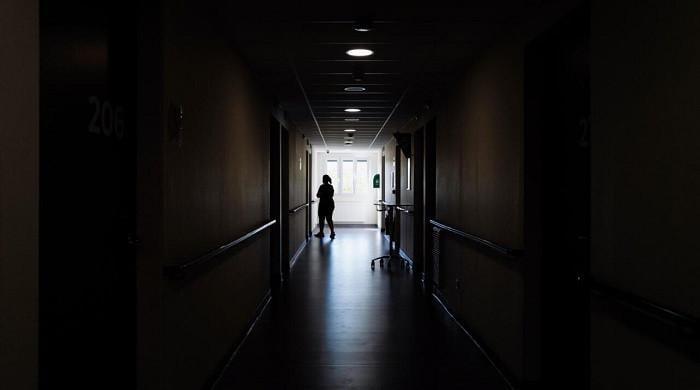Women are genetically at higher risk of clinical depression than men, Australian researchers found in a study published on Wednesday which could change the way the disorder is treated.
Presented as one of the largest studies of this type, scientists have traveled DNA of nearly 200,000 people with depression to identify shared genetic “flags”.
Women had almost twice more of these genetic markers linked to depression as men, according to the project led by the Berghofer Medical Institute.
“The genetic component of depression is greater in women compared to men,” said researcher Jodi Thomas.
“The unpacking of shared genetic factors and unique in men and women gives us a clearer image of what causes depression – and opens the door to more personalized treatments.”
It has been known for a long time that depression is more common in women, but the biological causes remain something of a mystery.
About 13,000 genetic markers were linked to depression in women, according to researchers, against 7,000 markers in men.
Some of these genetic changes could modify the biological paths linked to metabolism or to the production of hormones.
“We have found some genetic differences that can help explain why women suffering from depression more often experience metabolic symptoms, such as changes in weight or modified energy levels,” said Thomas.
Researcher Brittany Mitchell said the results could cause changes in the way depression is treated in women.
“Until now, there has not been a lot of coherent research to explain why depression affects women and men differently, including the possible role of genetics,” she said.
“There are more and more stories that come out on the number of drugs that are currently developed – and the research we have known to date – have mainly focused on men or men.”
Clinical depression, or major depressive disorder, is one of the most common mental disorders in the world.
According to the World Health Organization.
The study was published in the Reading Committee Nature Communications Committee.




